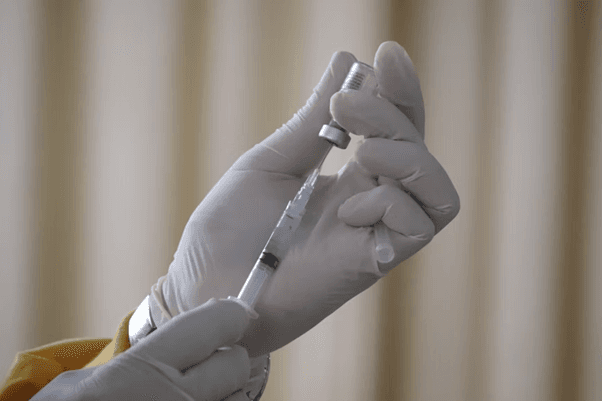Broken Momentum: RFK Jr.’s Vaccine Funding Pullback

- A Sudden Shift That Raises Alarms
Health Secretary Robert F. Kennedy Jr. just announced a move that jolted the science community: his administration will slash nearly $500 million in funding for mRNA vaccine research. This effort, managed through BARDA (the Biomedical Advanced Research and Development Authority), supported universities, drug makers, and labs working on next-generation mRNA vaccines. Now, those contracts are on the chopping block.
- Why It Matters and Why Researchers Are Worried
America has long led in science innovation thanks in part to bold public investment that fueled everything from economic growth to breakthroughs in disease prevention. But some insiders now say that lead is slipping away. One voice stands out: Jerome Adams, former U.S. Surgeon General and now a professor at Purdue. He warns that walking away from mRNA now is like ditching antibiotics after penicillin or tossing aside computers after the microchip. It’s a short-term view with long-term consequences.
- What mRNA Research Means Beyond COVID-19
mRNA isn’t just the backbone of COVID-19 vaccines. Scientists are exploring its potential in tackling cancer, HIV, influenza, and other long-standing health threats. This technology, built on decades of research, lets the body generate targeted proteins that train the immune system. If funding vanishes, promising work in those areas could stall.
- HHS Pushback and Questionable Justifications
The Department of Health and Human Services insists that progress won’t grind to a halt. Kennedy’s team argues that mRNA hasn’t performed well against upper respiratory infections like COVID or the flu, and therefore funding should shift toward what they call “safer, broader vaccine platforms.” Yet critics point out that these claims rely on sources tied to anti-vaccine advocates, including Steven Hatfill, the same figure known for pushing hydroxychloroquine.
On closer look, fact-checkers found these claims misleading. Peer-reviewed studies consistently show that mRNA vaccines are effective and safe, significantly lowering rates of severe illness, hospitalization, and death. Those findings stand in stark contrast to the basis of the funding cut.
- Global Consequences and the Risk of Losing Talent
There’s more at stake than individual research projects. Scientists warn that these policy shifts may prompt a brain drain as top researchers could abandon the U.S. for countries still backing mRNA innovation. An independent, bipartisan commission also cautioned that China may already be outpacing America in life sciences.
- What This Really Means
Pulling back on mRNA today could delay breakthroughs tomorrow. The technology didn’t come from nowhere; it was the result of sustained public and private investment. If policy decisions cut that support now, we may not just lose ground, we might never catch up.
Business News
Best Link Building Service Explained: Features, Strategies, and SEO Insights
The Science of A/B Testing: How Small Tweaks Create Big Wins in Marketing
Why Primary Care Doctors Are Embracing Telemedicine and Digital Health Tools
Smooth Onboarding Practices for Remote Professionals Abroad
Miami Cancels Task Force to Probe Business Ties to Cuba




















